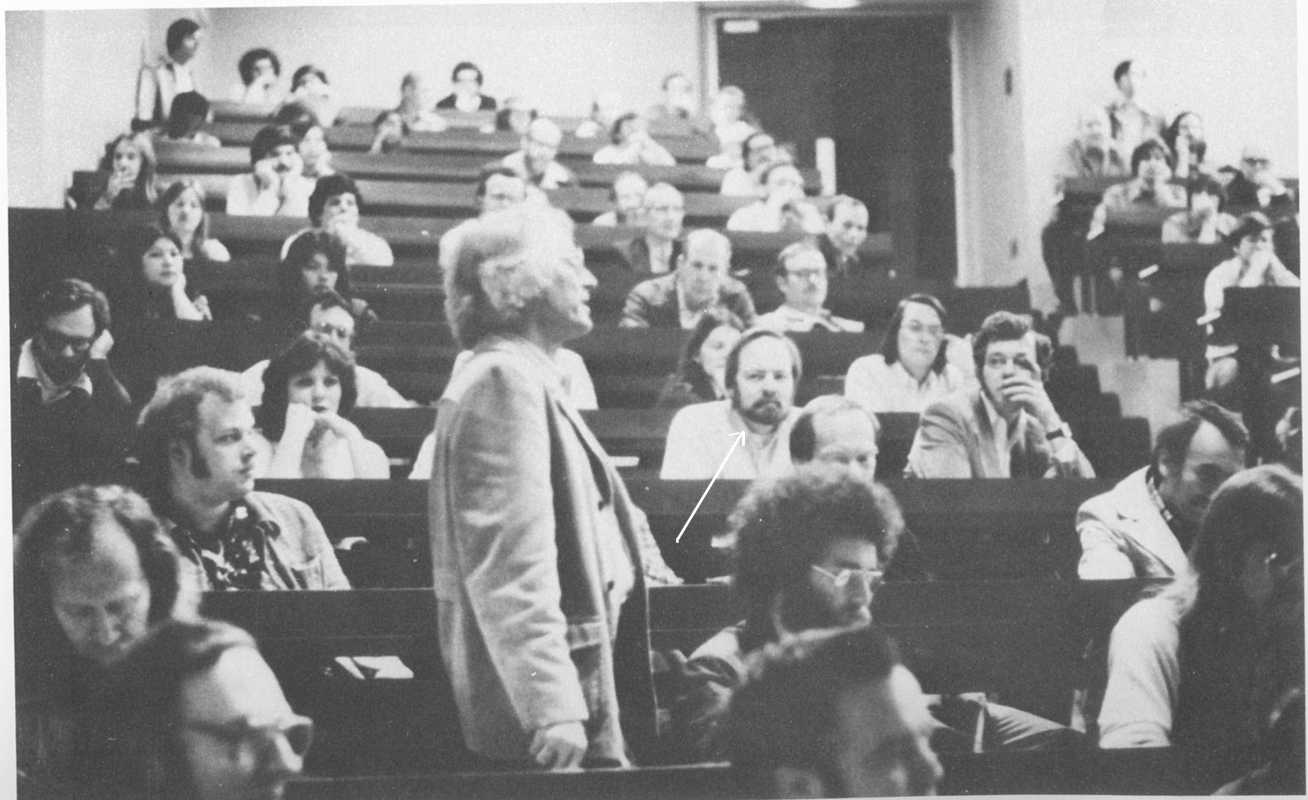At Medium, Walter Isaacson posted a new excerpt (which awaits your crowdsourcing) from his forthcoming book on Silicon Valley creators. His latest segment concerns the famed Homebrew Computer Club, the original cult of the microprocessor, which was spread across the country with a Johnny Appleseed approach several years before there was an Apple Computers. The first two paragraphs:
“The Homebrew Mentality
In June 1975, the month that Gates first moved down to Albuquerque, Ed Rogers decided to send the Altair or the road showing off its marvels as if it were a carney show exhibit. His goal was to create computer clubs in towns across America, preferably filled with Altair loyalists. He tricked out a Dodge camper van, dubbed it the MITS Mobile, and sent it on a sixty-town tour up the coast of California then down to the Southeast, hitting such hotspots as Little Rock, Baton Rouge, Macon, Huntsville, and Knoxville. Gates, who went along for part of the ride, thought it was an amazingly neat marketing ploy. ‘They bought this big blue van and they went around the country and created computer clubs everyplace they went,’ he marveled. ‘Most of the computer clubs in America were created by MITs.’ Gates was at the shows in Texas, and Allen joined for the ride when they got to Alabama. At the Huntsville Holiday Inn, sixty people — a mix of hippyish hobbyists and crew-cut engineers — paid $10 to attend, then about four times the cost of a movie. The presentation lasted three hours. At the end of a display of a lunar landing game, doubters came and looked under the table assuming there were cables to some bigger minicomputer hidden underneat. ‘But once they saw it was real,’ Allen recalled. ‘the engineers became almost giddy with enthusiasm.’
One of the stops that summer was Rickeys Hyatt House in Palo Alto. There a fateful encounter occurred after Microsoft BASIC was demonstrated to a group of hackers and hobbyists from a newly-formed local group known as the Homebrew Computer Club. ‘The room was packed with amateurs and experimenters eager to find out about this new electronic toy,’ the club’s newsletter reported. Some of them were also eager to act on the hacker credo that software, like information, should be free. This was not surprising given the social and cultural attitudes — so different from the entrepreneurial zeal of those who had migrated up from Albuquerque — which had flowed together in the early 1970s leading up to the formation of the Homebrew Computer Club.”

